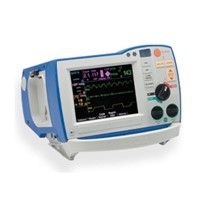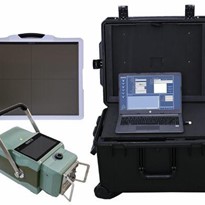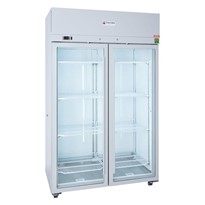They have got tags for everything: electrical tags, worksite crane tags, fire extinguisher tags, and the list goes on and on. They’re great. You can mark some of them; write on others; choose different colours; and many can be personalised.
So you want your tags to be washable? You want them to last over 180 washes? And you need a soft smooth material with no sharp edges? Sorry, they don’t exist. It has never been done before!
Until now! A company in Australia known for creating innovative and ‘world first’ products for hospitals and nursing homes has cracked it.
Pelican Manufacturing, working with Arizon Healthcare (creators of SlingSpector® – the patient sling inspection checklist app) started from scratch in developing a soft, washable, coloured Inspection Tag. The tags are needed for use on patient lifting slings which should be inspected every six months according to the International Standard for Slings - ISO 10535-2011: ‘Hoists for the transfer of disabled persons - Requirements and test methods’. The tags indicate that a sling has been inspected, and they show which new coloured tags needs to be fitted for the next inspection six months later. By using different coloured tags, staff at hospitals and nursing homes are given an easy visual indication if a sling has been inspected, or is overdue for inspection. This is a neat and simple solution to help with sling safety. Although Pelican manufacture their own slings, the tags can be used for any brand of sling.
The R&D started with working out what type of material to use. Various different materials were tested. Pelican® wanted different coloured tags and believe the best way was to start with different colored materials. How many colours? Twelve – one for each month of the year. This would allow the colours to be changed to help the staff notice if any sling inspections had been missed. What would be even better, is if we could use another twelve different colours for the following year. That way a sling could have one colour for six months, then a new colour for six months, then instead of going back to the original colour it could have another new colour for the next six months, then another new colour for the next six months. A two year turnaround. This is all good, in theory.
Ever tried coming up with twenty four distinctly different colours? Not easy. It came down to having to select different shades of colours, and this idea was rejected due to the confusion that would come up when someone was asked to check all the ‘beige’ tags. “Beige? Do you mean beige, coffee, light brown, sand, cream, cream of sand or mocha?” It could create a communication nightmare. Within about half a second it was decided to stick to just twelve colours, and put up with the fact that the tag colours could only be changed once.
The next problem was getting a decent material in twelve different colours. Most vinyl type materials only come in a handful of colours, and some of those generally had three shades of grey, a blue and a red. The solution? Forget about different coloured materials, and instead use a plain white material and print the colour on it. Initial testing was done and everything was back on track. So some samples of white material were made up.
One of the materials offered everything: nice and soft, easily accessible from a supplier, and cost effective. The only problem was that it was affected by UV light and could only be used indoors. That wouldn’t be a problem for many products, but not for patient lifting slings which are often dried on a washing line in the sun. Back to the drawing board!
More materials were tested and again good materials were found. Sun? No problem, as they could handle the UV. Next, after cutting the material for the tag shape, there was another roadblock. The edges frayed and pulled apart after going through the stresses of a washing machine. Start again! After researching more materials one was eventually found that would not fray.
Even finding a way to attach the tags to a sling was not easy, and needed to be secure enough to not come off in the washing machine. Again, after testing different designs of attachment, Pelican found the answer. A ‘tongue’ design was settled upon, where the end of the tag threaded back though a small slit. Pelican had by now found the goldilocks material: the one that was just right. It was strong, could handle the sun and the edges did not fray.
A local Aged Care Facility with an onsite laundry helped out, by washing the samples day after day, doing about fifty washes a week. Pretty soon it became clear that some colours bonded to the material better than others. After some more discussions with the material and ink suppliers, as it was the first time they had been involved in a washable tag. Some more colours were then tested in an industrial washing machine and the choice was narrowed down to four colours which bonded to the material well, with one colour being used as a solid colour for January tags, stripes on February tags, and dots on the March tags. For the user, it made no difference, they would be either a solid colour, stripes or dots, and the tag colour would still change every six months. Now Pelican was getting somewhere. Further tests were carried out to ensure the tags could last a wash every day for six months, giving Pelican the confidence that they had created the world’s first washable inspection tag for patient lifting slings.
For Pelican’s partner company Arizon Healthcare, the tags are now a valuable accessory they offer in addition to the SlingSpector app. The app contains excellent sling inspection guidance, and checklists which can be completed on a smartphone or tablet. This offers easy assurance that the sling inspections that a facility completes satisfy ISO 10535 (the International Standard for slings), and local regulatory body requirements.
After a lot of R&D, the tags have proven to be a great solution for a niche problem.
For more information contact Pelican Manufacturing Pty Ltd, www.pelicanmanufacturing.com.au


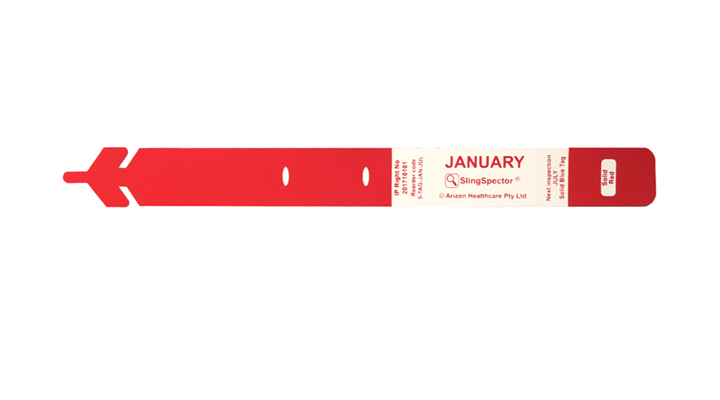
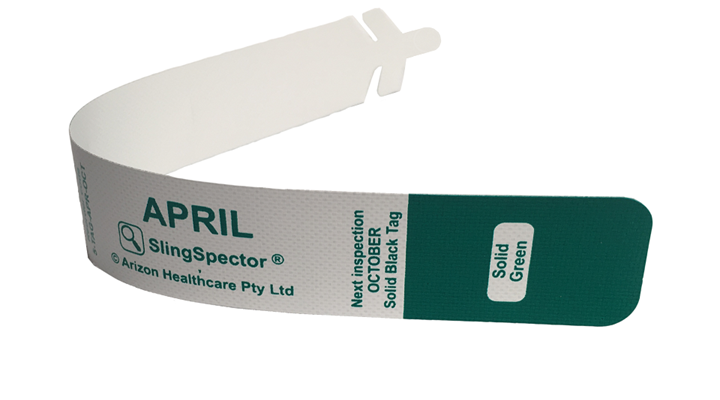
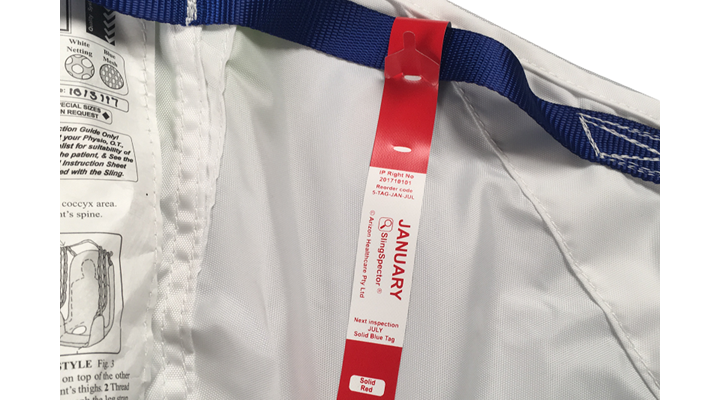
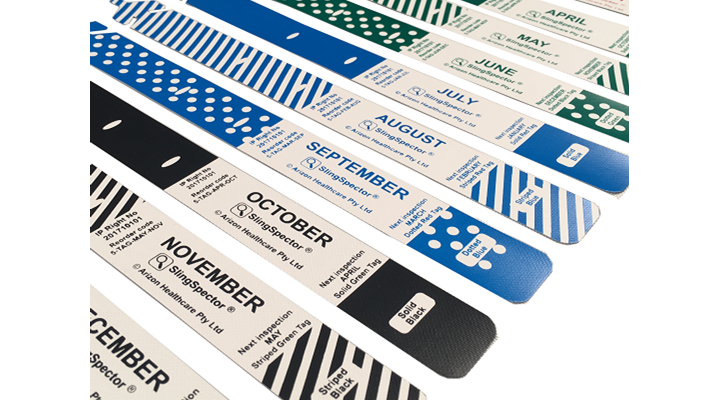



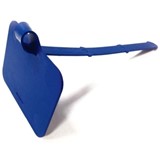
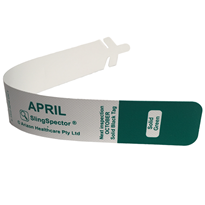









(450%C3%97450px)(3)-205x205.jpg)
